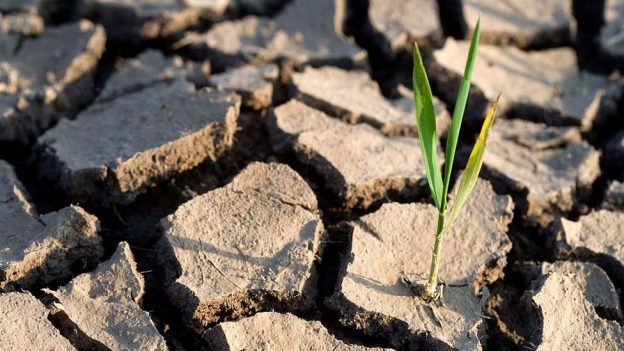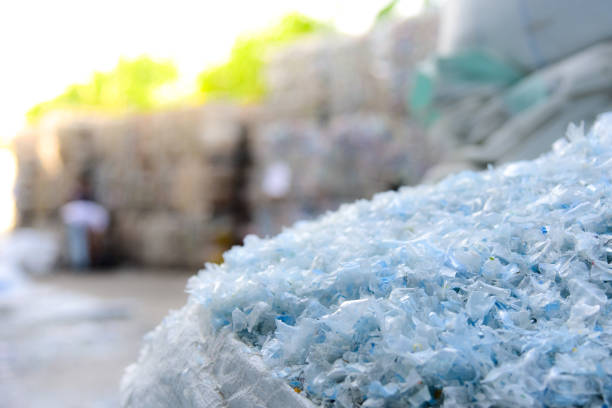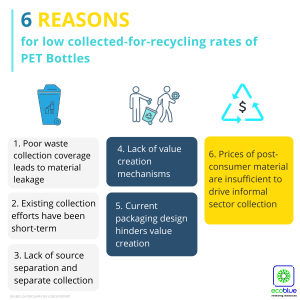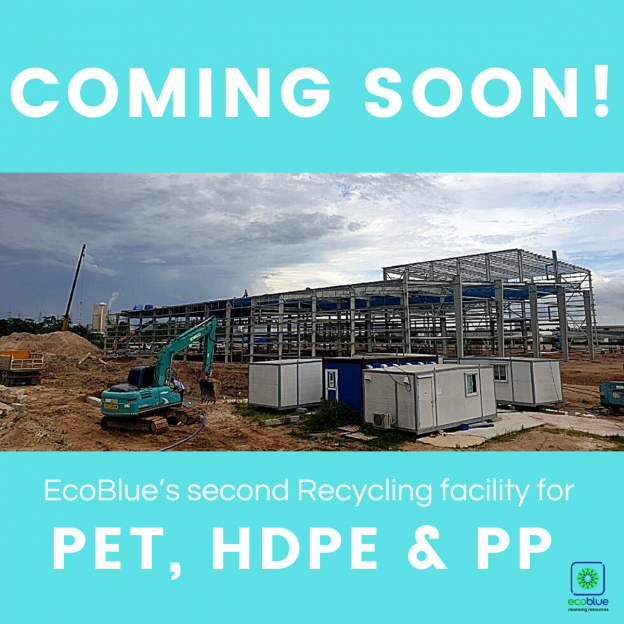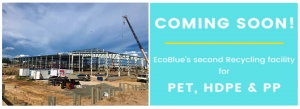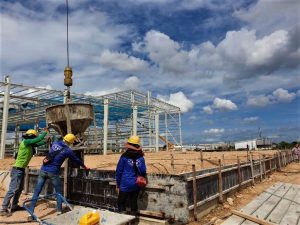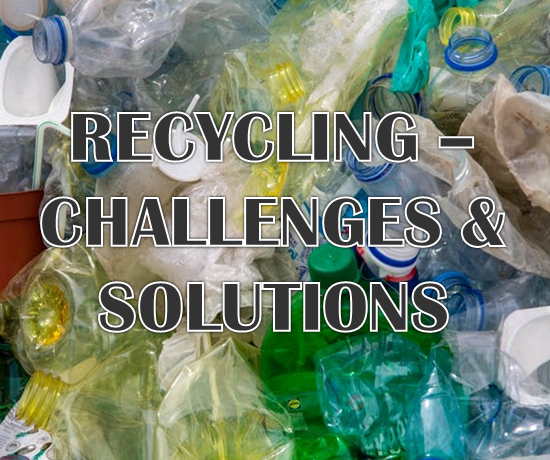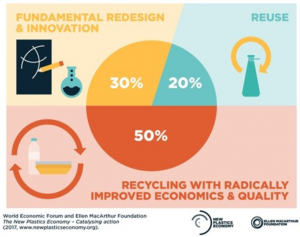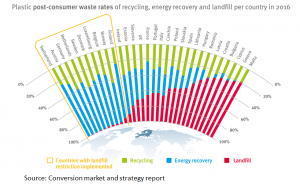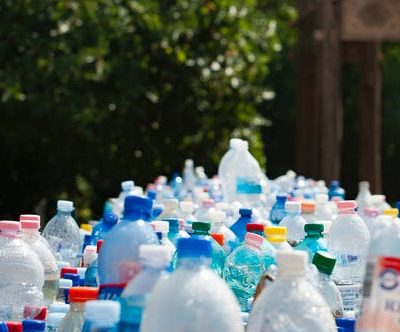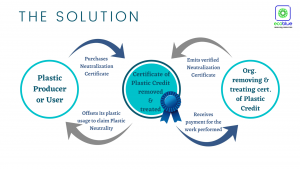The Working Group I contribution to the Sixth Assessment Report on Climate Change – eight years since the last one in 2013, addresses the most up-to-date physical understanding of the climate system and climate change, bringing together the latest advances in climate science, and combining multiple lines of evidence from paleoclimate, observations, process understanding, and global and regional climate simulations.
Human activity is changing the climate in unprecedented and sometimes irreversible ways, a major UN scientific report has said.

Photo: AdobeStock
The report “is a code red for humanity”, says the UN chief. The landmark study warns of increasingly extreme heatwaves, droughts and flooding, whether it’s heatwaves like the ones recently experienced in Greece and western North America, floods like those in Germany and China, or a key temperature limit being broken, ‘their attribution to human influence has strengthened’ over the past decade. Since 1970, global surface temperatures have risen faster than in any other 50-year period over the past 2,000 years.
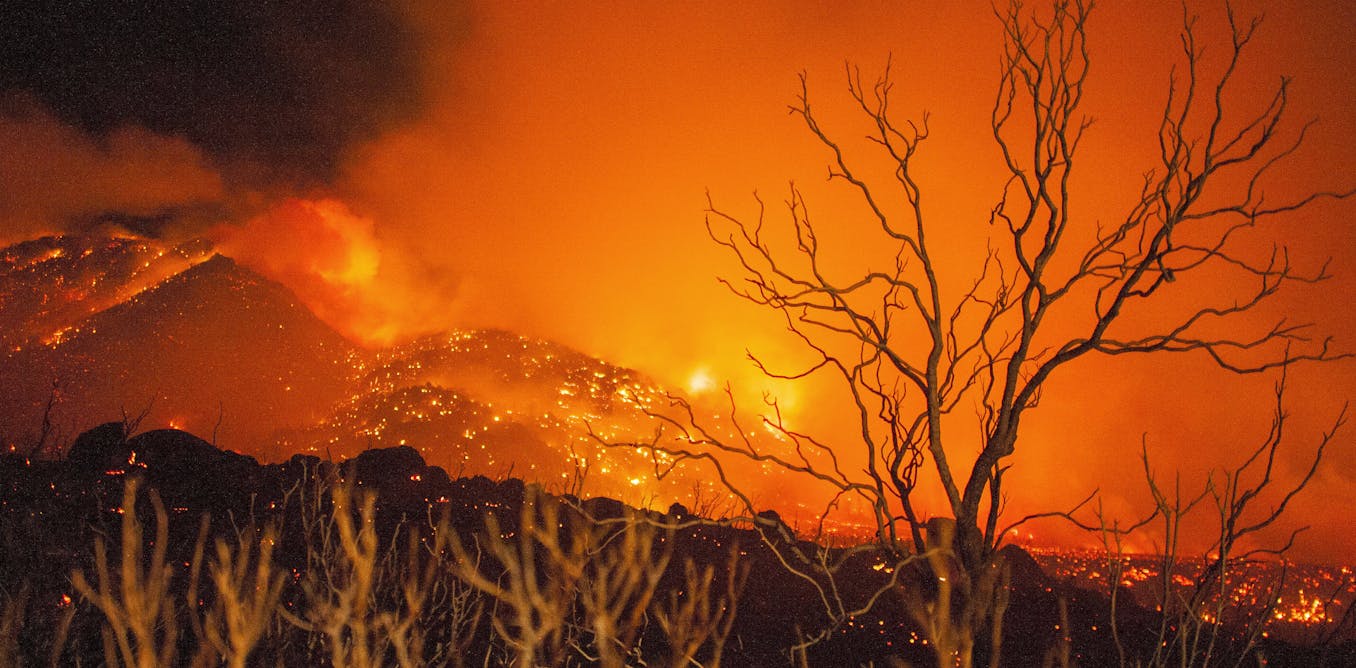
Photo: California wild fires, 2013. Stuart Palley/EPA.
The new report also makes clear that the warming we’ve experienced to date has made changes to many of our planetary support systems that are irreversible on timescales of centuries to millennia. The landmark study confirms beyond any doubt that temperatures and sea levels are rising at an alarming rate. Despite commitments made at the UN Paris Agreement, to limit global temperature rise to 1.5°C, the world is still heading towards nearly 3°C global warming and the sea level will rise by 2mts by the end of this century. The oceans will continue to warm and become more acidic. Mountains and polar glaciers will continue melting for decades or centuries.
We have done a bad job so far. While it is not the end of the world for us (as yet), we need to come up with radical changes in the way we use energy, make products and invest.
BUT, we can still avert the worst impacts of climate change IF WE ACT TODAY!
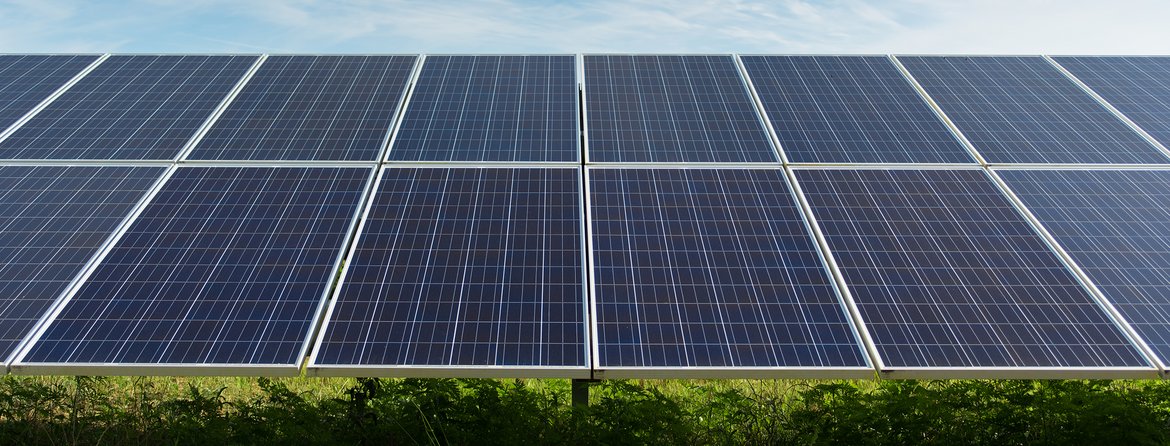
Photo: CypressCreek
EcoBlue’s Opinion: Takeaways for the Plastic Industry –
For the Plastic Industry, there is a lot that can be done to correct the past mistakes:
- Recycled plastics have a two-third to three-forth lower CO2 footprint as compared to virgin resins and they often reduce marine litter.
- Choose energy-efficient systems while making investments, like Solar Energy & Bio-fuels.
- Solutions available for hard-to-recycle materials, provided we embrace Extended Producer Responsibility. Without EPR, more than half of the plastic waste will never get recycled.
At EcoBlue Ltd., we are committed to doing our part, and with only a few years for a fundamental course change, we call on everyone to join forces and act!
Click HERE to learn more about the 2021 IPCC Climate Report & Takeaways for the Plastic Industry.

